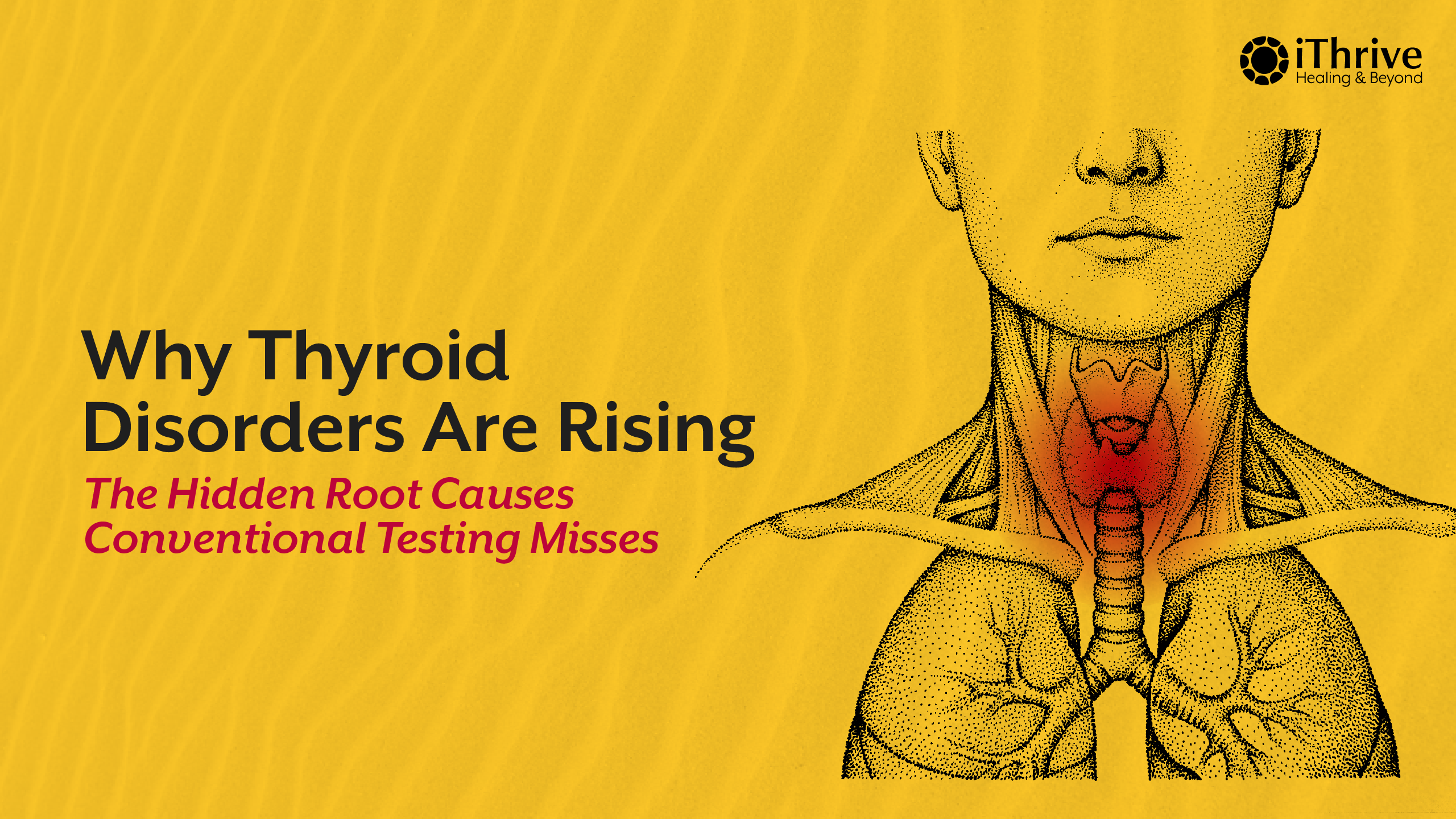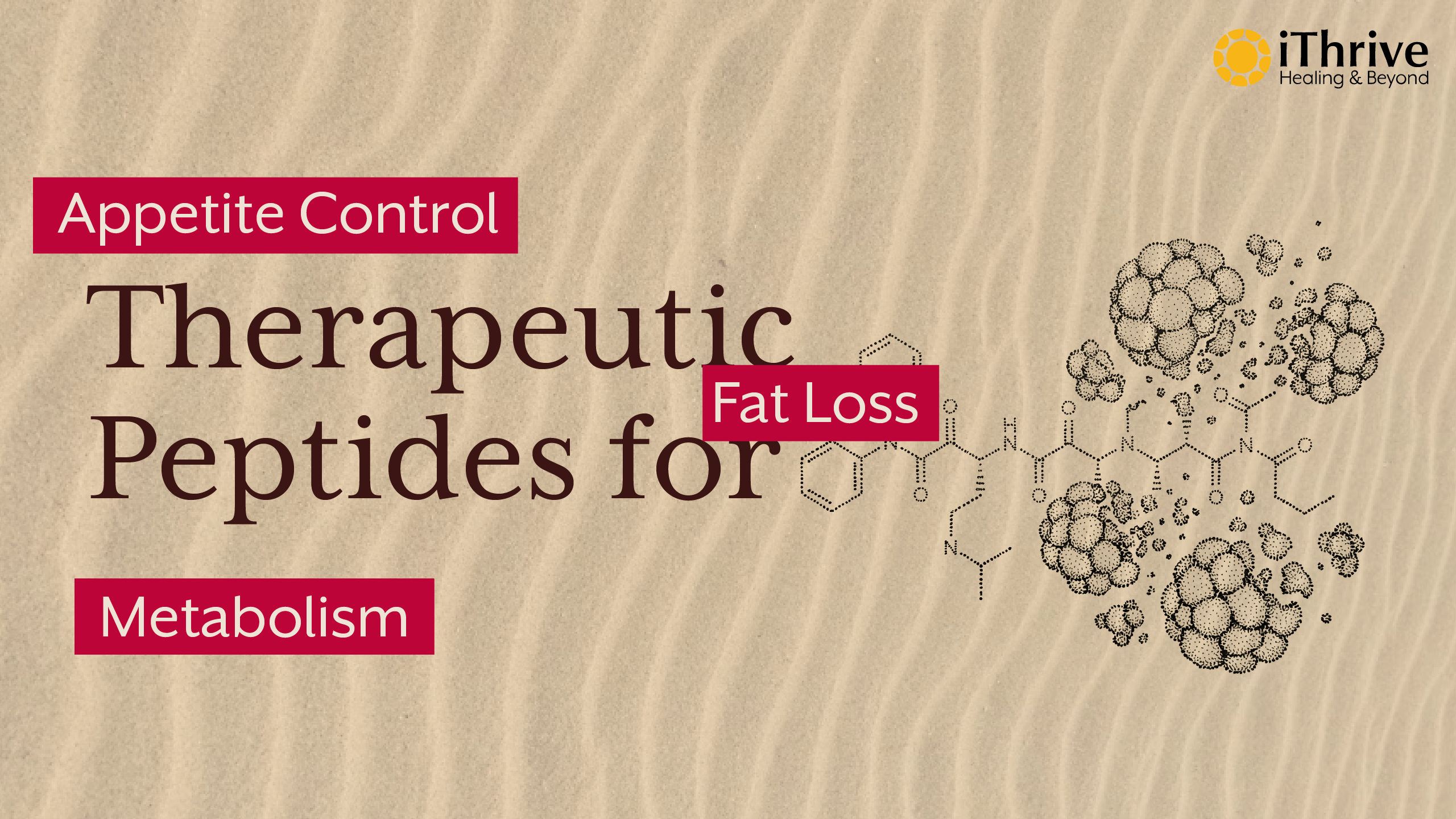Have you ever heard of selenium? This essential trace mineral plays a fundamental role in human health, yet it often goes unnoticed. Its name comes from the Greek word "Selene," which means the Moon, and it has been recognized as a micronutrient since 1817. Trace minerals are needed in small amounts, and both organic and inorganic forms of selenium can be absorbed by your small intestine and distributed throughout your body to carry out important biological functions. These functions are vital for our body to operate efficiently.
Functions of Selenium in the Body
- Powerful Antioxidant: Selenium is a powerful antioxidant that helps protect your body from oxidative stress caused by free radicals. Free radicals are unstable molecules that can damage cells, tissues, and organs, leading to chronic diseases such as cancer, heart disease, and Alzheimer's disease. Selenium works by neutralizing free radicals and preventing them from causing harm to your body.
- Aids Glutathione Production: Selenium is also involved in the production of glutathione, a potent antioxidant that helps to protect your body from free radicals2.
- Provides Immune Support: Selenium plays a critical role in the proper functioning of your immune system. It helps your body produce white blood cells that fight off infections and diseases. Selenium deficiency has been linked to an increased risk of viral infections, such as HIV, and bacterial infections, such as tuberculosis3.
- Helps Thyroid Health: Another important function of selenium is its ability to support thyroid health. Selenium is essential for the production of thyroid hormones, which regulate metabolism, growth, and development. A selenium deficiency can lead to an underactive thyroid, also known as hypothyroidism, which can cause fatigue, weight gain, and depression4.
- Anti-Carcinogenic Activity: Selenium has also been shown to have anti-cancer properties. Studies have found that selenium can help prevent the formation of cancerous cells and tumours, particularly in the prostate, colon, and lungs. However, more research is needed to fully understand the role of selenium in cancer prevention and treatment5.
How can we get selenium?
Good dietary sources of selenium include seafood as well as some whole grains. However, the amount of selenium in these foods can vary depending on the soil in which they were grown or raised. In some cases, supplementation may be necessary to ensure adequate selenium intake6.
Dietary sources of selenium include:
- Seafood, such as tuna, salmon, and shrimp
- Whole grains, oats
- Brazil nuts
- Organs Meats, beef, and chicken
- Eggs
- Some vegetables, such as broccoli and garlic
- Supplements, if necessary
Despite its importance and remarkable benefits, many people do not consume enough selenium in their diet1
Brazil nuts are the richest source of selenium

10 Benefits of this under-rated micronutrient
Selenium has been linked to hundreds of health benefits, from its impressive antioxidant capacity to its role in producing the active Thyroid hormone T3. Research has shown that selenium can improve immunity, enhance fertility, support efficient thyroid gland functioning, and even reduce the risk of heart problems. In addition, selenium is crucial in avoiding metabolic problems, which can disrupt normal metabolism and lead to high cholesterol and blood sugar levels7. A few benefits are listed below:
- Acts as a powerful antioxidant
- Supports immune system function
- Essential for thyroid health
- Can help prevent cancer
- Improves fertility
- Reduces the risk of heart problems
- Helps avoid metabolic problems
- Enhances cognitive function
- Promotes healthy skin and hair
- May improve mood and reduce anxiety1.
Relationship with Essential Nutrients
Selenium works closely with other essential nutrients, such as vitamin E and iodine. Vitamin E is another powerful antioxidant that works closely with selenium to protect cells from damage caused by free radicals. Iodine is necessary for the production of thyroid hormones, and selenium is required for the conversion of inactive thyroid hormone i.e. Thyroxine (T4) into the active form Triiodothyronine (T3). Therefore, a deficiency in either nutrient can lead to thyroid problems. It is important to maintain a balanced intake of all essential nutrients to ensure optimal health4.
Why Add Selenium to Your Diet?
Symptoms of selenium deficiency can include recurrent infections, hair loss, brain fog, fatigue, and fertility issues in both men and women. However, the recommended dose of selenium varies across different countries and populations due to factors such as soil quality and living styles.
Finding Balance
Selenium deficiency is rare in developed countries, but it can occur in people who have certain medical conditions or who follow a restrictive diet. Symptoms of selenium deficiency can cause an increased risk of certain health conditions, such as thyroid disorders and cancer7.
On the other hand, excessive selenium intake can also be harmful. The upper intake level of selenium for adults is 400 micrograms a day1. High levels of selenium in the body can cause selenosis, a condition that can lead to hair loss, nail brittleness, and gastrointestinal disturbances5.
Overall, selenium is an essential nutrient that plays a vital role in maintaining optimal health. Its antioxidant, immune-boosting, and thyroid-supporting properties make it a valuable addition to any healthy diet. While selenium deficiency is rare, it's important to consume adequate amounts of this nutrient to support optimal health. As with any nutrient, it's important to consume selenium in moderation and to avoid excessive intake.
So, make sure to include selenium-rich foods in your diet and consider supplementation if necessary. Your body will thank you for it!
References-
1. Avenue 677 Huntington, Boston, Ma 02115. Selenium. The Nutrition Source. Published March 25, 2020. Accessed June 15, 2023. https://www.hsph.harvard.edu/nutritionsource/selenium/
2. Free Radicals, Antioxidants in Disease and Health - PMC. Accessed June 15, 2023. https://www.ncbi.nlm.nih.gov/pmc/articles/PMC3614697/
3. Flores-Mateo G, Navas-Acien A, Pastor-Barriuso R, Guallar E. Selenium and coronary heart disease: a meta-analysis. Am J Clin Nutr. 2006;84(4):762-773. doi:10.1093/ajcn/84.4.762
4. Ventura M, Melo M, Carrilho F. Selenium and Thyroid Disease: From Pathophysiology to Treatment. Int J Endocrinol. 2017;2017:1297658. doi:10.1155/2017/1297658
5. Puspitasari IM, Abdulah R, Yamazaki C, Kameo S, Nakano T, Koyama H. Updates on clinical studies of selenium supplementation in radiotherapy. Radiat Oncol Lond Engl. 2014;9:125. doi:10.1186/1748-717X-9-125
6. Ju W, Li X, Li Z, et al. The effect of selenium supplementation on coronary heart disease: A systematic review and meta-analysis of randomized controlled trials. J Trace Elem Med Biol Organ Soc Miner Trace Elem GMS. 2017;44:8-16. doi:10.1016/j.jtemb.2017.04.009
7. 7 Science-Based Health Benefits of Selenium. Healthline. Published August 20, 2019. Accessed June 15, 2023. https://www.healthline.com/nutrition/selenium-benefits
Subscribe to our newsletter and receive a selection of cool articles every week





.png)


.webp)

.jpg)
.jpg)










